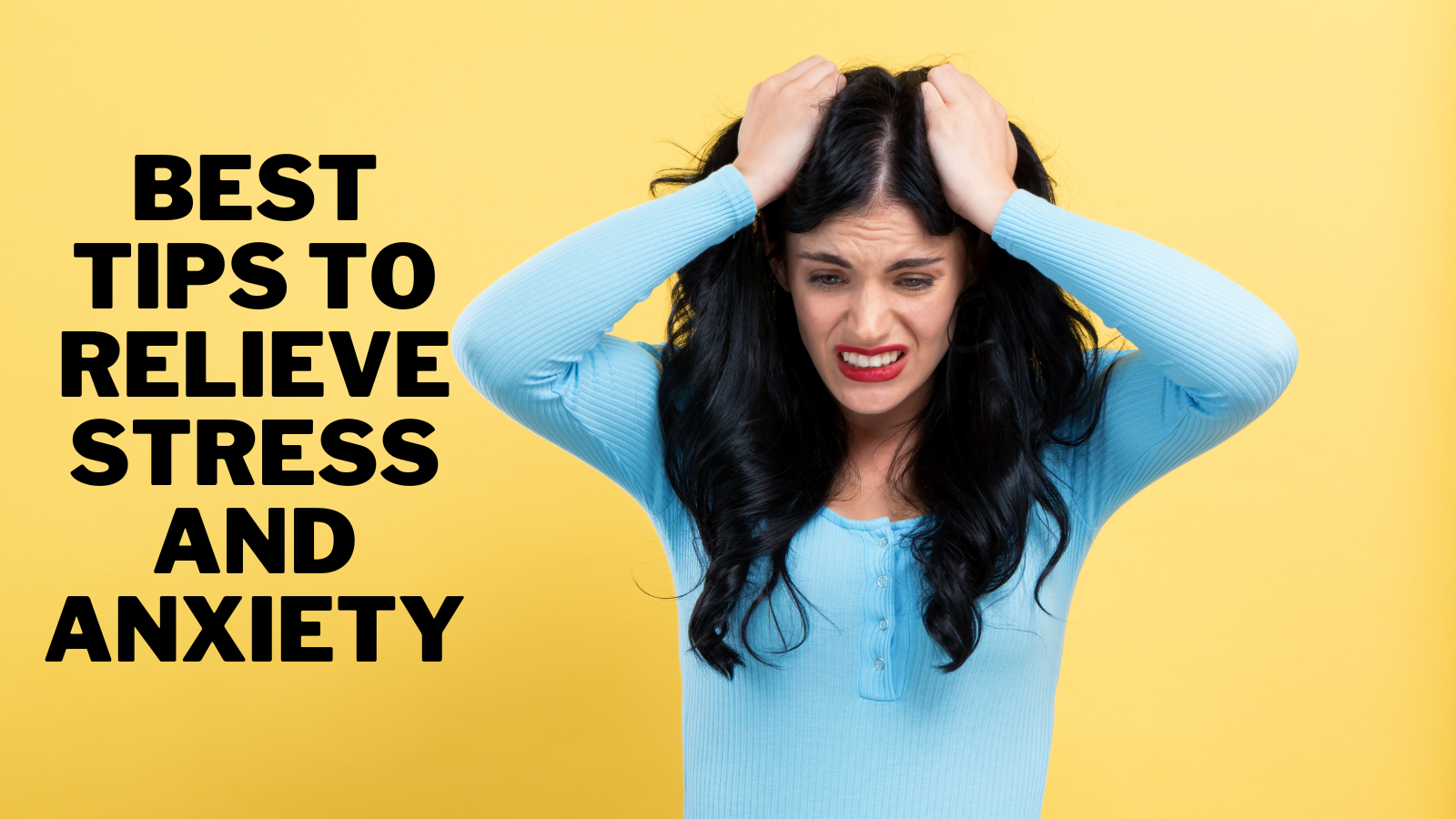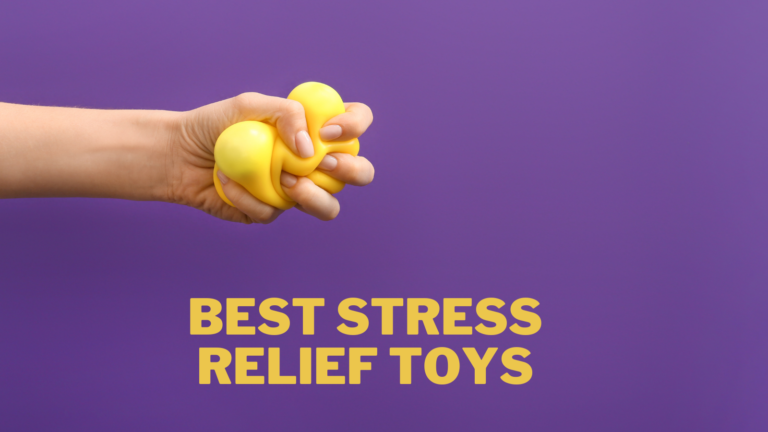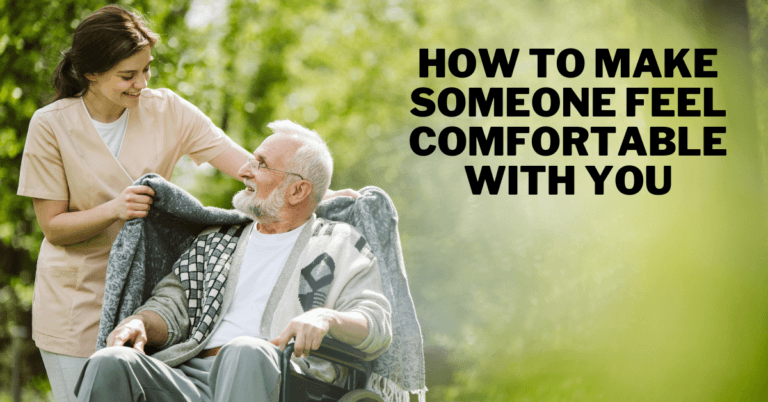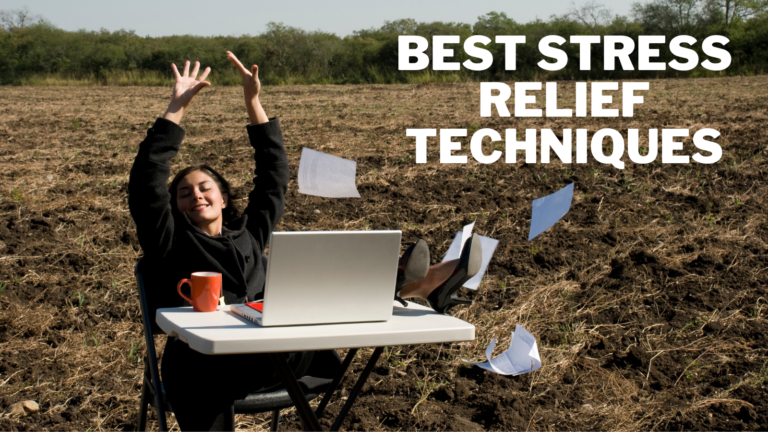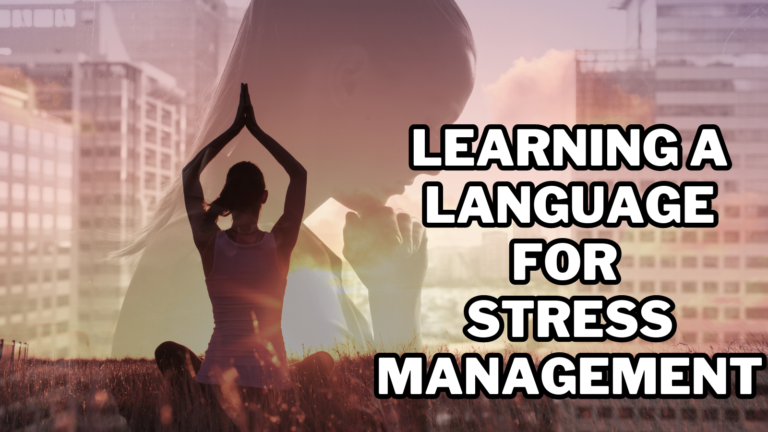Best Tips To Relieve Stress And Anxiety
Best Tips To Relieve Stress And Anxiety
Are you sick of having a knot in your stomach and your mind racing all night? Although stress and worry can be unrelenting foes, hold onto optimism.
This article is your lifeline since it provides you with various tried-and-true strategies for releasing yourself from the grasp of tension and anxiety.
Explore the world of mindfulness, relaxation techniques, and self-care practices to give you the tools you need to defeat your inner demons. Get rid of the anxiety and restlessness that have kept you, hostage for too long.
In this article, we will explore a treasure trove of practical tips and techniques that can help restore balance and tranquillity to your life.
Let's start a revolutionary path toward a calmer, happier, and more fulfilling life together. There is a way to tranquillity.

Understanding Stress And Anxiety
Anxiety and stress are two psychological reactions that people may feel in various circumstances. They are similar in some ways yet different in other others.
The body's natural reaction to pressures, expectations, or challenges from the outside world is stress. It can develop for several reasons, including employment, relationships, financial challenges, or significant life changes.
The body responds to stress by releasing stress hormones like cortisol and adrenaline, known as the “fight-or-flight” response.
Due to this reaction, the body is geared up for the perceived threat or challenge. Increased heart rate, increased awareness, irritation, muscle tension, and trouble concentrating are typical symptoms of stress.
Chronic or excessive stress can negatively affect physical and mental health, although acute stress can be energizing and short-lived.
On the other hand, anxiety is a persistent emotion of worry, fear, or unease over unclear situations or the future. It exceeds the typical stress reaction and may be excessive or disproportionate to the real threat.
Anxiety can appear in many ways, including post-traumatic stress disorder (PTSD), panic disorder, social anxiety disorder, generalized anxiety disorder (GAD), and particular phobias.
People who struggle with anxiety frequently report having recurring negative thoughts, worrying excessively, worrying too much, being restless, having trouble focusing, having muscle tension, and having trouble sleeping.
The ability to operate and enjoy life can be severely hampered by anxiety.
While anxiety can result from both external and internal sources, such as irrational beliefs or chemical imbalances in the brain, stress is frequently a reaction to external demands, and both can trigger anxiety.
It's significant to remember that stress and anxiety can coexist and even influence one another. Anxiety can be caused by persistent or extreme stress, which can also worsen by pressure.
Numerous things, including pressures at work, money problems, marital issues, significant changes in one's lifestyle, traumatic events, or even minor inconveniences, can cause stress.
Anxiety can result from the same causes as these. Still, it can also be caused by internal elements, including genetic predisposition, chemical imbalances in the brain, or a family history of anxiety disorders.
Stress and worry can affect the body physically. Chronic stress can increase the risk of cardiovascular diseases, damage the immune system, weaken digestion, headaches, and digestive issues.
Physical symptoms, including a racing heartbeat, shortness of breath, sweat, trembling, exhaustion, and gastrointestinal pain, can all be signs of anxiety.
To sustain general well-being, it's crucial to handle stress and anxiety, which are frequent feelings successfully. To effectively manage and cope with stress and anxiety, it can be quite helpful to seek the professional assistance of mental health professionals like therapists or counsellors.

Side Effects Of Stress And Anxiety
There are many areas of a person's life where stress and anxiety's negative impacts can be seen. Following are a few typical adverse effects:
1. Physical Health Issues
Stress and anxiety, whether frequent or overwhelming, can cause various physical health problems. Some possible side effects are headaches, tight muscles, digestive issues (such as stomachaches, diarrhea, or constipation), an affected immune system, high blood pressure, disturbed sleep, and an elevated risk of cardiovascular illnesses.
2. Mental Health Disorders
Prolonged or extreme anxiety and stress can help lead to the emergence of mental health issues. It is possible for anxiety disorders, such as generalized anxiety disorder (GAD), panic disorder, social anxiety disorder, or specific phobias, to develop or get worse.
Aside from that, ongoing stress might cause illnesses to arise or worsen. Chronic stress can also cause the onset or worsening of diseases, including depression, post-traumatic stress disorder (PTSD), or substance abuse problems.

3. Impaired Cognitive Functioning
Anxiety and stress can impair mental capacities, making concentrating, focusing, or making choices challenging. It is also possible to experience memory issues and a decline in performance on tasks requiring focus and problem-solving abilities.
4. Emotional Problems
Stress and anxiety can cause emotional disturbances such as excessive worrying, impatience, restlessness, mood changes, and a general sense of being overwhelmed.
The emotions of grief, helplessness, or a loss of delight in previously appreciated activities may also be experienced by people.
5. Impairment Of Social Functioning
Managing stress and anxiety can be difficult regarding relationships and social interactions. People could isolate themselves, avoid social interactions, or struggle to stay healthy.
Due to the effects of stress and anxiety on a person's mood, energy level, and capacity to participate in social activities, people may isolate themselves, avoid social situations, or struggle to establish healthy connections with others.

6. Disrupted Sleep Patterns
Anxiety and stress can make falling, staying, or getting a good night's sleep difficult. In addition to making you feel tired, irritable, and less focused, sleep problems can also damage your general well-being.
7. Effect On Day-To-Day Functioning
Anxiety and stress can impair daily tasks, job performance, academic success, and general quality of life. Constant stress and anxiety can make it difficult to be productive, fulfill obligations, and enjoy life's pleasures.
To properly manage stress and anxiety, it's critical to be aware of these side effects and seek the right help and techniques. When treatment or medication is required to address and treat these side effects, consulting with mental health specialists can help.
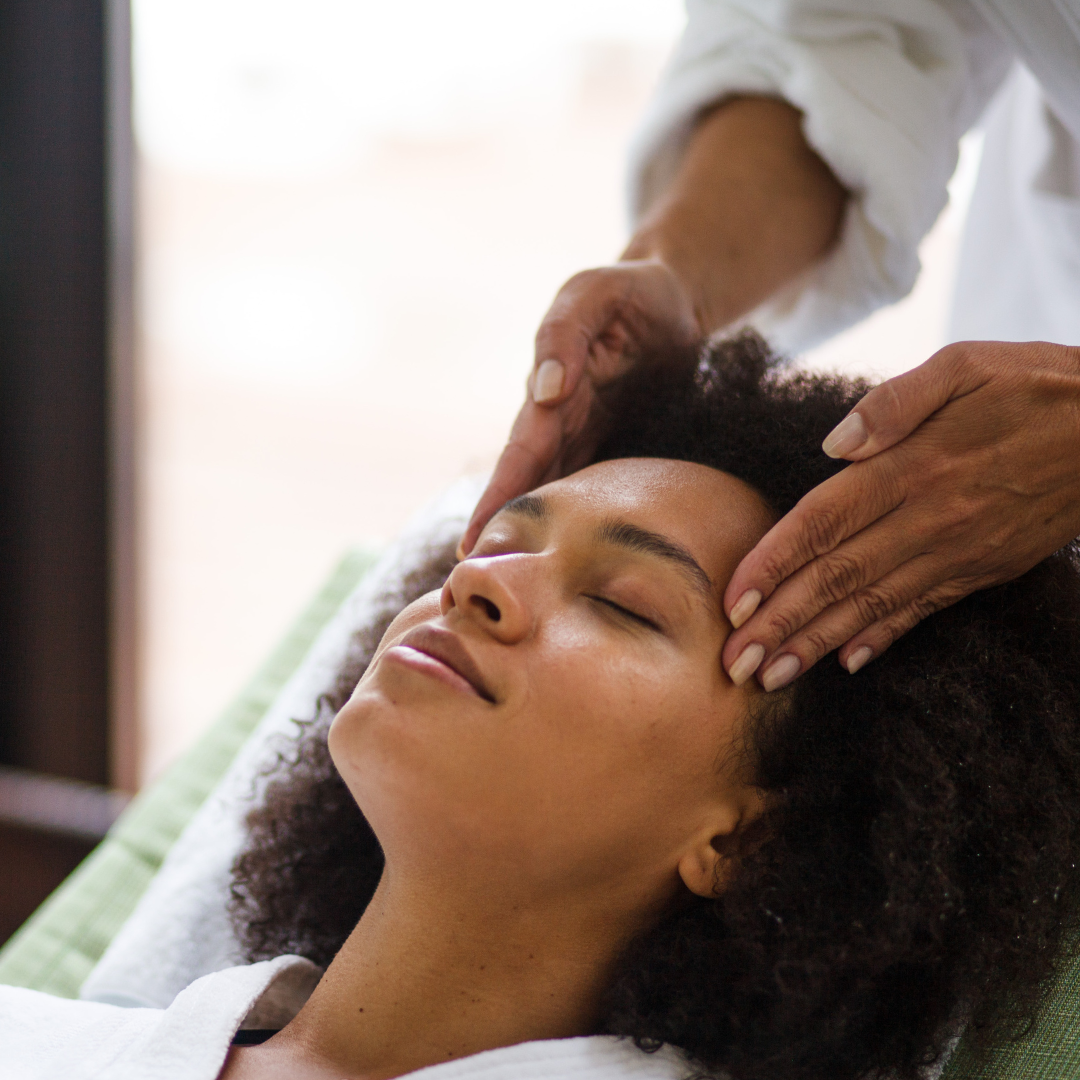
Tips To Relieve Stress And Anxiety
Everyone eventually experiences anxiety and stress. One thing is certain: there are techniques to manage anxiety, even if it seems out of control.
They can appear different in different people, and the pressure level one experiences can vary. Here are some tips to relieve stress and anxiety in detail:
1. Practice Relaxation Techniques
To effectively manage stress and anxiety, relaxation techniques are useful. Slowly inhaling and exhaling while concentrating on how the breath feels entering and exiting the body are deep breathing exercises.
The relaxation response is triggered by this technique, which lowers the heart rate and fosters a peaceful state of mind. Progressive muscle relaxation involves tensing and relaxing various muscle groups to relieve physical tension.
By reducing the muscle tension brought on by stress, this approach helps to improve general ease. One can relax and escape stressful situations through guided imagery by picturing serene and comforting images.
Individuals can relieve stress and anxiety by using these relaxation techniques to focus on the present moment, quiet the mind, and soothe the body.
They can become more effective with regular practice. Their capacity for stress management and the promotion of general well-being can be improved with standard practice.

2. Cultivate Mindfulness
Practicing mindfulness is a helpful technique for lowering anxiety and stress. Consciously focusing on the present moment without passing judgment is a mindfulness practice.
Mindfulness meditation entails concentrating on the breath or physical sensations while keeping an open mind and watching thoughts and emotions as they come and go without getting sucked into them.
To prevent fears and concerns from taking over the reason, this practice helps to educate the mind to remain anchored in the present.
Yoga promotes relaxation and improved body awareness through mindful movement and breath awareness. Furthermore, being aware of the senses—such as the flavour of food or the sensation of water on the skin during a shower—can help one feel grounded and at ease.
Regular mindfulness practice can help people get better at seeing and accepting their thoughts and feelings, which will help them feel less stressed and anxious and more at peace with themselves.
3. Engage In Regular Physical Activity
Regular physical activity is a very effective technique to reduce stress and anxiety. Exercise causes our bodies to create endorphins, organic compounds that uplift our mood and foster a sense of well-being.
Training can be included in your routine in various ways, including walking, running, swimming, dancing, and participating in sports. On most days of the week, try to get 30 minutes or more of moderate activity.
This could entail taking brisk walks outdoors, attending a fitness class, or playing a team sport. Keeping up a regular fitness schedule will be simpler if you find things you like to do that fit your lifestyle.
Regular physical activity helps lower stress and anxiety levels, enhances overall physical health, boosts energy, and encourages sounder sleep.

4. Prioritize Self-Care
The key to controlling stress and anxiety is to prioritize self-care. It is possible to revitalize and nurture your well-being by scheduling self-care activities.
Enjoying a warm bath, which can help to calm the body and mind, is one approach to putting self-care first. Add calming bath salts or aromatic oils to improve the experience and encourage relaxation.
Stress can be reduced. Aromatherapy can produce a peaceful environment by burning scented candles or diffusing essential oils. Reading makes the ability to escape daily stress and enter another universe possible.
It can be a form of mindfulness and encourages mental calm. The creative process can be released by partaking in interests you enjoy, such as gardening, playing an instrument, or painting.
Hobbies you want, like gardening, playing an instrument, or painting, provide you with a creative outlet and a way to express yourself.
They also make you feel more accomplished and relieve stress. Taking self-care activities as a priority allows you to relax, rejuvenate, and care for your well-being, reducing stress and worry.
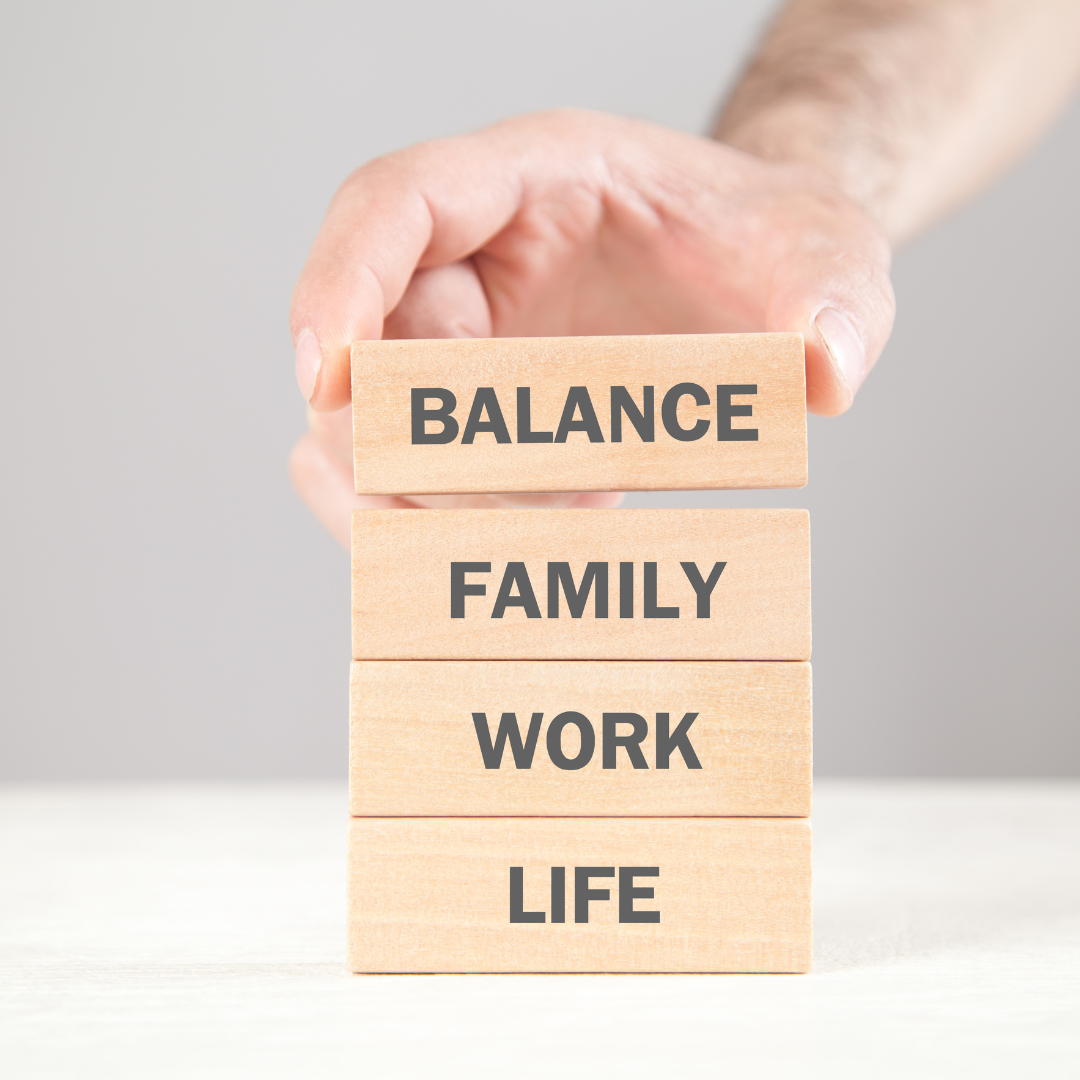
5. Maintain A Balanced Lifestyle
A balanced lifestyle is essential to manage stress and anxiety. Key lifestyle choices can significantly affect your general well-being if you pay attention to them.
For the body and mind to be restored and rejuvenated, adequate sleep is necessary. Aim for 7-9 hours of high-quality sleep each night to encourage optimal performance and lower stress levels.
Additionally, eating a range of nutrient-dense foods as part of a balanced diet can benefit your physical and mental health. Prefer whole foods, including fruits, vegetables, lean proteins, and whole grains and avoid missing meals.
Caffeine consumption should be kept to a minimum because too much of it might cause agitation and anxiety. Similar to how excessive alcohol consumption can affect sleep and raise anxiety levels.
When it comes to drinking alcohol, moderation is crucial. You may give your body and mind the support they need to handle stress and anxiety by adopting a balanced lifestyle that includes sound sleep practices, a wholesome diet, and moderation in your coffee and alcohol intake.

6. Challenge Negative Thoughts
Negative ideas need to be challenged if you want to manage stress and anxiety effectively. It entails becoming conscious of one's negative ideas, evaluating their accuracy, and changing them to more realistic and encouraging ones.
This strategy is based on cognitive-behavioural methods that aid in reframing unfavourable thought patterns. Start by observing your thoughts and recognizing negative self-talk or skewed thinking styles, such as catastrophizing or making assumptions without enough information.
Once you've noticed negative thinking, check to see if it's true by asking yourself whether there is any evidence to support or refute it.
Negative ideas frequently rest on suppositions or exaggerations rather than factual information. Substitute realistic and uplifting thoughts for these negative ones.
For instance, if you notice yourself saying, “I always mess things up,” confront that thought by thinking about times when you succeeded or performed well.
Change it to something more practical, like, “I've achieved success in the past, and I can learn from my mistakes.” You may retrain your thought patterns, lower your anxiety, and develop a more upbeat and resilient attitude by persistently confronting unpleasant thoughts and substituting them with more sensible and positive ones.

7. Practice Time Management
Good time management is important for lowering stress and anxiety. You may prioritize tasks and set time for each by making a calendar or to-do list, which will keep you organized and present.
Start by determining which of your duties are most crucial and time-sensitive, then set out particular time slots for them. To avoid feeling overwhelmed, divide major jobs into smaller, more manageable steps. This strategy keeps you on track and makes you feel successful as you complete each phase.
Take into account productivity methods like the Pomodoro Technique, which calls for working for a predetermined amount of time—such as 25 minutes—and then taking a brief break.
Be sure to allow extra time to account for any delays or interruptions. Be careful not to overbook yourself, and be honest about what you can get done in a certain amount of time.
You may lessen stress, boost productivity, and feel more in control of your job by managing your time well, breaking projects into manageable chunks, and setting priorities for your chores.
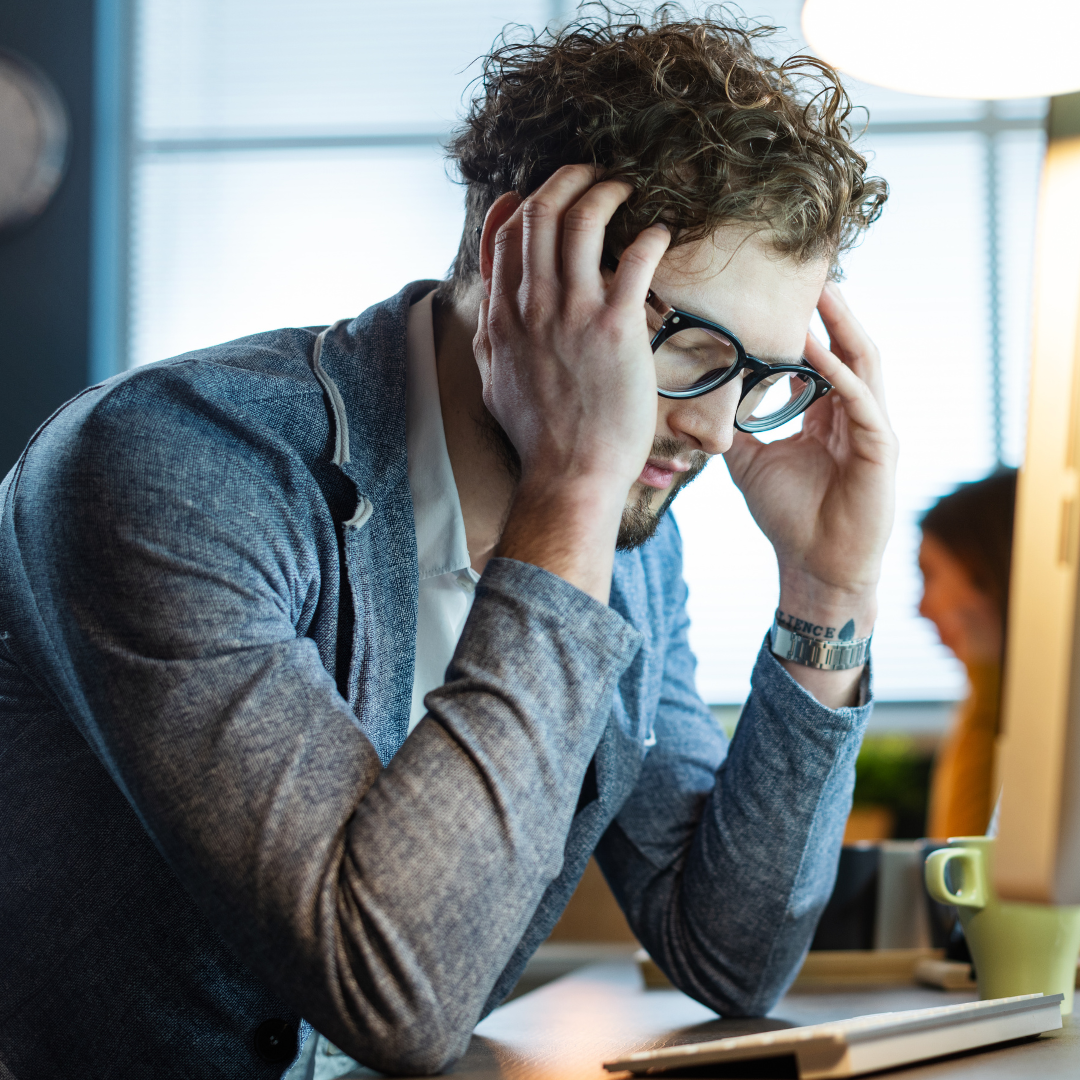
8. Limit Exposure To Stressors
One of the most important parts of managing stress and anxiety is limiting exposure to stressors. By starting there, determine the stressors in your life, whether work-related, personal, or environmental.
Consider strategies to reduce or eliminate these stressors once you've discovered them. Setting boundaries and learning to decline additional obligations or commitments that raise your stress levels may be necessary.
It's crucial to put your health first and refrain from over-committing. Making lifestyle adjustments, such as reducing time spent on social media or news intake, can also be helpful if these increase stress and anxiety.
Stress can also be reduced by establishing a supportive atmosphere by surrounding oneself with helpful people. Adding stress-relieving activities to your daily routine, such as taking up a hobby, caring for yourself, or getting aid from a professional when necessary, can also help decrease your exposure to stressors.
Remember that while some stresses may not be fully avoidable, you can build a more balanced and stress-resistant life by recognizing and reducing them.

Conclusion
We can manage and conquer stress and anxiety, even though they considerably negatively affect our well-being. We may reduce stress and anxiety and restore peace and balance using various ideas and techniques.
Be aware of the value of prioritizing your well-being, practicing mindfulness and relaxation techniques, and getting help when needed. Testing several strategies and determining which suits you best is important because every person's journey is different.
Be patient with yourself as you travel the path of self-discovery and embrace the ups and downs. Increase your resilience, build a positive outlook, and live a more rewarding life with effort, practice, and time.
The key to creating a life free from tension and anxiety is to let go of what you can't control, concentrate on what makes you happy, and accept the power within you.
I trust you enjoyed this article about the Best Tips To Relieve Stress And Anxiety. Please stay tuned for more blog posts to come shortly.
JeannetteZ
>>>Please click here to read my all-inclusive article about Lessons That Will Teach You All About Stress<<<
>>>Are you interested in Natural Healing And Stress Relief through Herbs? Please click here for my #1 Recommendation<<<
Your opinion is important to me.
Thoughts? Ideas? Questions? I would love to hear from you. Please leave me your questions, experience and remarks about the Best Tips To Relieve Stress And Anxiety in the comments section below. You can also reach me by email at Jeannette@Close-To-Nature.org.
Disclosure
This post may contain affiliate links. I earn from qualifying purchases as an Amazon Associate and other affiliate programs. Please read my full affiliate disclosure.
You might also enjoy these blog posts:
Effective Stress Relievers For Your Life
Is Yoga Good For Stress Relief?
How To Reduce Stress With Yoga
Top Tips To Reduce Stress For Your Horse
Why Do Cats Get Stressed And How Can We Help

